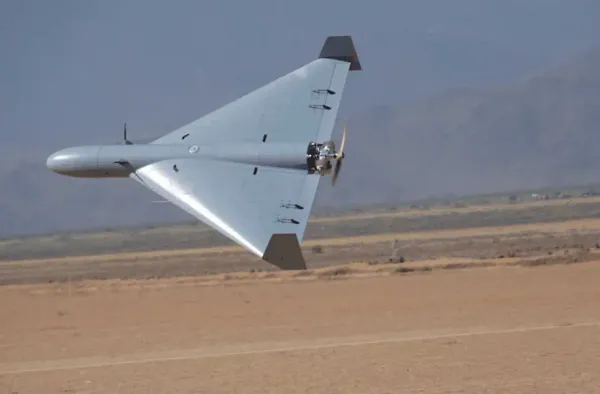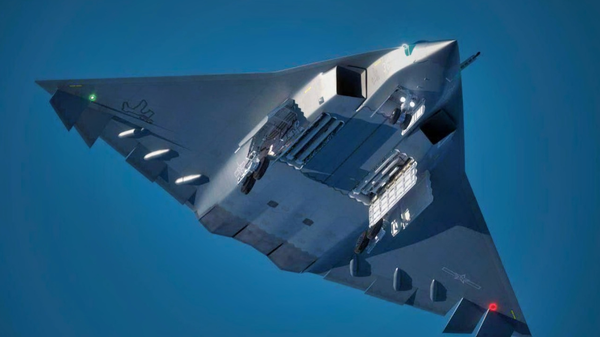Pratt & Whitney announced that over 1,200 of its engines would need to be recalled, returned, and inspected for mechanical flaws threatening the engine's integrity and proper working function.

This week, the CEO of Pratt & Whitney revealed that hundreds of its PW1100G engines will need to be returned and inspected for microscopic cracks that would inhibit the engine from performing its normal function safely and efficiently. The recall was issued due to a "rare condition" in the powdered metal used to produce some of the engines' high-pressure turbine disks.
Due to the important function of the turbine, over 1,200 engines have been recalled and will need to be inspected over the course of the next year. Two hundred have been slated for inspection prior to the end of summer, while the other 1000 will need to be inspected by September 2024.
The manufacturer quickly reassured airlines that the current production remains unaffected by the recall and that only engines manufactured between 2015 and mid-2021 are at risk for microscopic damages.
The engine is most commonly found on the Airbus A320neo and A321neo. The popular aircraft is used by airlines worldwide, and the recall of its engines poses obvious disruptions to airlines right in the middle of the busy summer travel season.

The CEO of Pratt & Whitney's parent company, RTX, acknowledged the impact this recall would have on airlines and reiterated it was an essential recall due to safety concerns.
IndiGO and Volaris Airlines are believed to be most affected by the recall, but they are not the only ones affected. Major Pratt and Whiney customers Delta Airlines and JetBlue Airways are also believed to be significantly impacted, and both airlines have already indicated they are investigating the matter as it relates to the operational safety of their aircraft.
In response to the recall, the Federal Aviation Administration (FAA) also issued a statement, saying, "The FAA is aware of the issue and is in contact with Pratt and Whitney and the affected US operators. The agency will ensure that the appropriate steps are taken".
To minimize problems for airlines worldwide, Pratt & Whitney will increase capacity in the manufacturer's 13 global maintenance facilities. It will also keep several new engines on hand to be used as spares if damage is found in any of the recalled engines.

This week's announcement marks another issue in a challenging time for Pratt & Whitney. The manufacturer has been struggling to keep up with patience and production demands. This most recent recall stretches the manufacturer even thinner as they struggle to address further maintenance issues.
In response to this week's news, RTX's share prices tumbled by more than 11% on July 25th. The company is also expecting to take a big financial hit of around $500 million due to the recall.
On the other hand, the PW1100G's problems will likely cause airlines to take a financial hit as well, as carriers around the globe battle already prevalent aircraft shortages. Pulling more aircraft out of service due to possibly faulty engines will only worsen such problems.
The Runway is Obsolete: Jekta Swiss is Resurrecting the Flying Boat for the 21st Century » Qanot Sharq Takes Delivery of First Airbus A321XLR to Transform Central Asian Long Haul Travel » Ryanair to Appeal $302 Million Italian Fine Over Alleged Travel Agency Restrictions »
Comments (1)
 JJ in OB
Although 1200 engines need to be inspected, estimates are that ~1% of engines will need to have parts replaced.
JJ in OB
Although 1200 engines need to be inspected, estimates are that ~1% of engines will need to have parts replaced.
Add Your Comment
SHARE
TAGS
NEWS News Pratt & Whitney Engines Recall Turbines Airbus A320neo A321neo PW1100GRECENTLY PUBLISHED
 US Air Force to Launch New Experimental One-Way Attack Drone Unit
In a move that signals a tectonic shift in American airpower, the U.S. Air Force is preparing to stand up its first-ever experimental unit dedicated solely to "One-Way Attack" (OWA) drones.
NEWS
READ MORE »
US Air Force to Launch New Experimental One-Way Attack Drone Unit
In a move that signals a tectonic shift in American airpower, the U.S. Air Force is preparing to stand up its first-ever experimental unit dedicated solely to "One-Way Attack" (OWA) drones.
NEWS
READ MORE »
 Pentagon Alarm: China’s ‘Tailless’ 6th-Gen Fighter Prototypes Are Already Airborne
The Pentagon’s annual 2025 China Military Power Report (CMPR), released this week, has sent a clear signal to Capitol Hill: the race for air dominance is no longer a one-horse race. For the first time, the U.S. Department of Defence has formally acknowledged the rapid progress of China’s sixth-generation fighter programs, highlighting the successful flight testing of multiple "novel tailless" stealth prototypes.
NEWS
READ MORE »
Pentagon Alarm: China’s ‘Tailless’ 6th-Gen Fighter Prototypes Are Already Airborne
The Pentagon’s annual 2025 China Military Power Report (CMPR), released this week, has sent a clear signal to Capitol Hill: the race for air dominance is no longer a one-horse race. For the first time, the U.S. Department of Defence has formally acknowledged the rapid progress of China’s sixth-generation fighter programs, highlighting the successful flight testing of multiple "novel tailless" stealth prototypes.
NEWS
READ MORE »
 No "Mate's Rates" in the Sky as Qantas Bans All Staff (Including CEO) From New A350 First Class
In a move that signals just how "ultra" Qantas intends its new ultra-long-haul product to be, the Flying Kangaroo has made a rare and dramatic policy shift: barring all staff from its upcoming Airbus A350 First Class cabins.
NEWS
READ MORE »
No "Mate's Rates" in the Sky as Qantas Bans All Staff (Including CEO) From New A350 First Class
In a move that signals just how "ultra" Qantas intends its new ultra-long-haul product to be, the Flying Kangaroo has made a rare and dramatic policy shift: barring all staff from its upcoming Airbus A350 First Class cabins.
NEWS
READ MORE »



